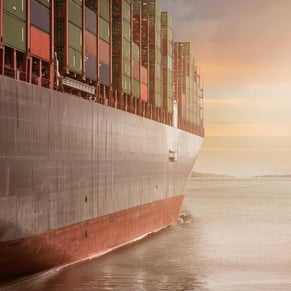Systems
From the intricate workings of our bodies to the complex networks that shape our societies, systems are the invisible threads that weave the fabric of our world. They are the underlying structures and processes that govern the behavior of individuals, organizations, and entire ecosystems, creating patterns of interaction and interdependence that often go unnoticed. Here, we will examine the properties and dynamics of these complex networks. We investigate the role of water as a critical resource, the nature of internal systems such as consciousness, the impact of uncertainty on system behavior, and the profound implications of systemic interdependence. By unraveling the mysteries of systems, we can develop strategies for building resilience, adaptability, and sustainability in the face of ever-increasing complexity. In what ways can we harness the power of systems to create a better future for ourselves and the planet?


Key themes
Guiding Questions
Access to resources and resource distribution
Relationships between and within systems
Tipping points, nonlinear relationships, and the challenge of behavioral predictions in complex systems
Internal dynamics in biological, organizational, and cognitive systems
The role of uncertainty in systems behavior
Decision-making, inequity, and historical precedence in social systems
How do the interconnected and interdependent relationships within and between systems shape their behavior? What are the potential consequences of disrupting these relationships?
What factors contribute to a system's resilience and adaptability?
How can we design systems to be more resilient in the face of uncertainty and change?
How can we better understand and predict the behavior of complex systems?
What strategies can be employed to ensure sustainable resource management and equitable distribution?
How do internal dynamics influence overall system behavior, and what can we learn from these internal processes to better understand the workings of systems?
How does uncertainty impact decision-making and behavior within systems?
In what ways do social and organizational systems perpetuate or challenge inequities? How can we design these systems to promote fairness, inclusivity, and positive outcomes for all?
How can a deeper understanding of systems thinking help us address complex global challenges, such as climate change, poverty, and social injustice?
How can we cultivate a healthy relationship with uncertainty and ambiguity, and learn to navigate the discomfort of not having all the answers?









